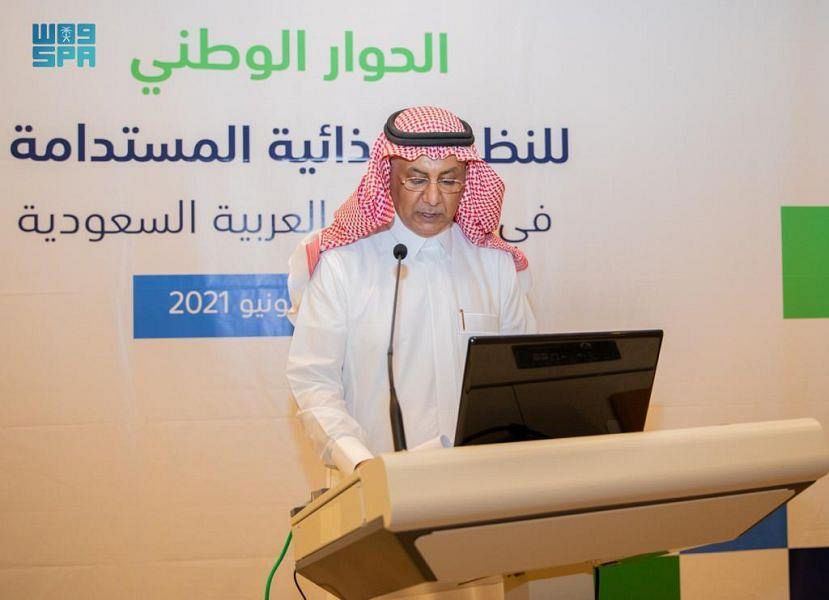
UNITED NATIONS: Saudi Arabia’s “constant and firm” support of the Palestinian people will not change “even if we allow the crossing of international flights over our airspace,” said the Kingdom’s deputy permanent representative to the UN.
Mohammed Abdulaziz Alateek added that Saudi Arabia’s opening of its airspace to all carriers that meet the overflight requirements of its aviation authority is in line with the Kingdom’s international obligations and not “a prelude to other steps.”
During a UN Security Council meeting to discuss the Middle East, Alateek told council members and a host of country representatives that Saudi Arabia remains committed to the “constant principles” of ending Israeli occupation, establishing an independent Palestinian state with East Jerusalem as its capital, and guaranteeing the right of return for Palestinian refugees.
“The Kingdom will continue to stand with the Palestinian people,” he said. “We reaffirm the importance of a comprehensive and lasting peace in the Middle East as a strategic choice to end one of the longest and most complicated conflicts in our modern history, based on the two-state solution, and in line with international terms of reference, as well as the 2002 Arab Peace Initiative which guarantees the establishment of a Palestinian state along the borders of 1967 with East Jerusalem as its capital, the return of refugees, and ending Israeli occupation of all Arab territories including the Syrian Arab Golan and Lebanese territories.”
Alateek urged the UNSC and the international community to “shoulder their responsibilities” by helping the Palestinians achieve their aspirations to an independent state and by addressing “ongoing Israeli violations of international law and Security Council resolutions.”
The Middle East’s long history of conflict and instability has rendered it more vulnerable to the adverse impact of challenges such as pandemics, said Alateek, who reaffirmed Saudi Arabia’s belief that regional and international cooperation are key to confronting such common woes.
This belief was behind the decision to hold the July 16 Jeddah Security and Development Summit, whose outcomes included a commitment to the security and stability of Yemen, and support for UN Special Envoy Hans Grundberg’s efforts to strengthen and extend the current truce for the second time, said Alateek.
“Houthi militias must abide by the truce,” he added. “They must stop exploiting the suffering of Yemeni civilians. They must open humanitarian corridors in Taiz.”
Keeping the Middle East free of weapons of mass destruction was another consensus reached by Arab participants at the summit.
“We also need to prevent the funding, arming and recruitment of terrorist groups by some countries in the region,” said Alateek.
He concluded by condemning last week’s attack on Dohuk in northern Iraq, and said Saudi Arabia will stand with Iraq in confronting challenges to its sovereignty and territorial integrity.










